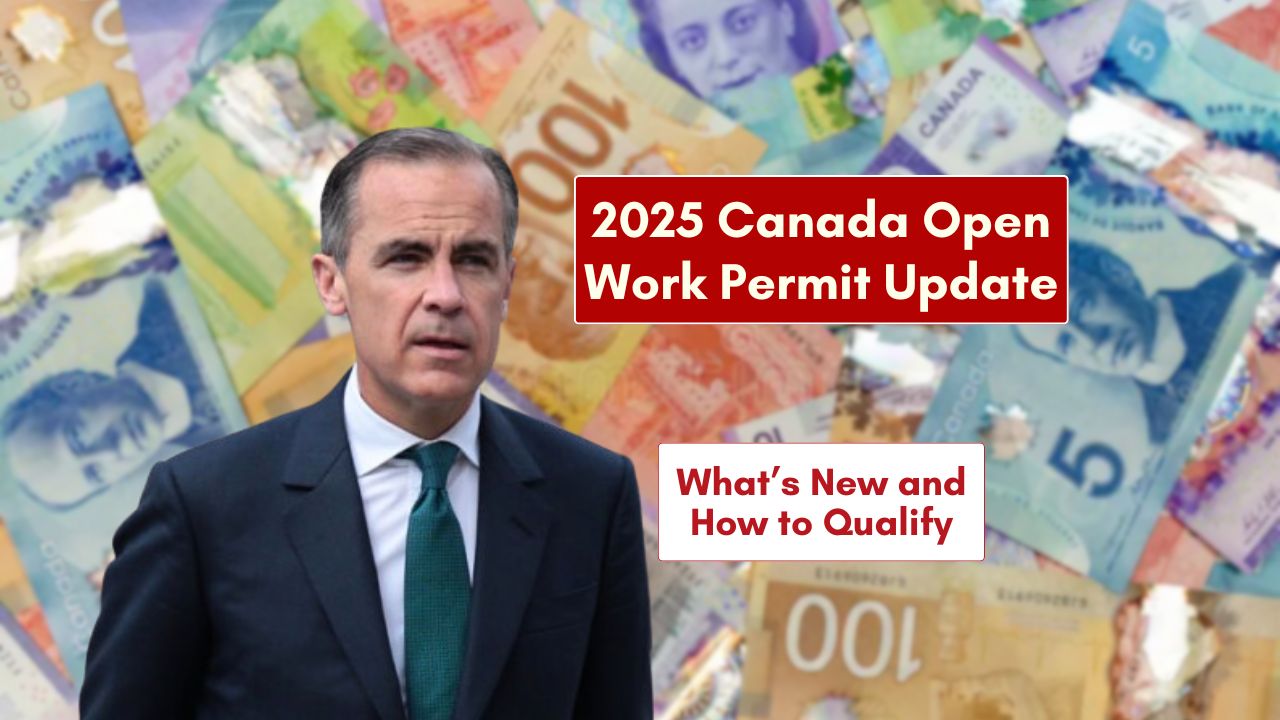The UK government has rolled out tougher rules to fight benefit fraud, and the Department for Work and Pensions (DWP) now has stronger tools than ever. If you’ve ever claimed benefits, or know someone who has, this affects you.
The DWP can now take money straight from bank accounts, issue fines, and even go to court to recover hidden assets—all in an effort to recover money lost through fraud and error.
So, what exactly is changing, and how might it affect you or someone you know? Let’s break it down.
Crackdown
This crackdown isn’t just about catching a few bad apples. In 2021–22 alone, the UK lost £823 million to benefit fraud and errors—but only recovered £190 million of that.
That’s less than a quarter. In healthcare, the recovery rate was even lower, just 12%. The Public Accounts Committee and National Audit Office called for stronger tools, and now the DWP has them.
Powers
Here’s what’s new under these fresh rules:
- Bank account access: If someone owes the DWP for benefit overpayments and doesn’t respond, officials can now take money directly from their bank account.
- Civil penalties: The DWP can charge up to £300 in extra fines if someone deliberately avoids paying back what they owe.
- Court action: If someone hides their assets in property, overseas accounts, or other places, the DWP can head to civil court to recover what’s owed.
- Wider scope: These rules don’t just apply to benefits. The DWP can now chase fraud-related debts across various public services, thanks to the Public Sector Fraud Authority.
Safeguards
Worried about your rights? You’re not alone. Thankfully, the system includes key protections:
- No surprise deductions: The DWP must try to contact you—by phone, email, or letter—before they take action.
- Appeals available: Think they’ve got it wrong? You can ask for a review or take it to tribunal.
- Hardship exceptions: If repaying would cause serious financial stress, you may be protected.
- Oversight in place: Independent reviewers will monitor how these powers are used to prevent abuse.
Example
Let’s say Jane got more Universal Credit than she should’ve. Maybe she didn’t report a new job in time. If she ignores the DWP’s letters and doesn’t set up a repayment plan, they can now withdraw the money straight from her bank account.
If Jane tries to avoid repayment by transferring money to her partner’s property, they could take her to court.
But if Jane reaches out, explains her situation, and agrees to a payment plan, she’s protected. And if she disagrees with the claim, she has a legal right to challenge it.
Impact
Why does all this matter?
| Issue | Before | Now |
|---|---|---|
| Fraud loss (2021–22) | £823 million | N/A |
| Recovery rate | 23% | Expected to rise sharply |
| Penalties for non-payers | Limited | Up to £300 per case |
| Bank account access | Not allowed | Now permitted with warnings |
| Court for hidden assets | Difficult | Now easier under new rules |
This overhaul helps protect taxpayer money. Billions are lost every year to fraud and errors—funds that could go to schools, hospitals, or infrastructure. It also discourages abuse of the system, which builds public trust and fairness for those who genuinely need support.
Action
If you get a letter from the DWP about an overpayment:
- Review your records – Check bank statements, benefit letters, and employment info.
- Contact the DWP quickly – Don’t ignore them. Set up a payment plan if needed.
- Talk to a benefits advisor – Especially if you’re unsure about the amount or the process.
- Appeal if necessary – You’re entitled to a fair hearing.
- Ask for support – If you’re struggling financially, let them know.
Concerns
Not everyone’s thrilled. Civil liberty groups worry about misuse of data or wrongful deductions. The government insists these powers won’t be used to target vulnerable people or those in genuine hardship. Only trained officers can take action, and strict oversight is in place.
At the end of the day, these new powers are about chasing deliberate fraud—not punishing honest mistakes. If you’re doing the right thing and communicating with the DWP, you have nothing to fear.
FAQs
Can the DWP see my bank account?
Yes, but only if you owe money and ignore repayment requests.
How much can the DWP fine me?
They can charge up to £300 for deliberate non-repayment.
Will I get a warning first?
Yes, the DWP must send notices before any deductions.
What if I can’t afford to repay?
You can request a repayment plan or apply for hardship protection.
Can I appeal a DWP decision?
Yes, you can request a review or take the case to tribunal.















